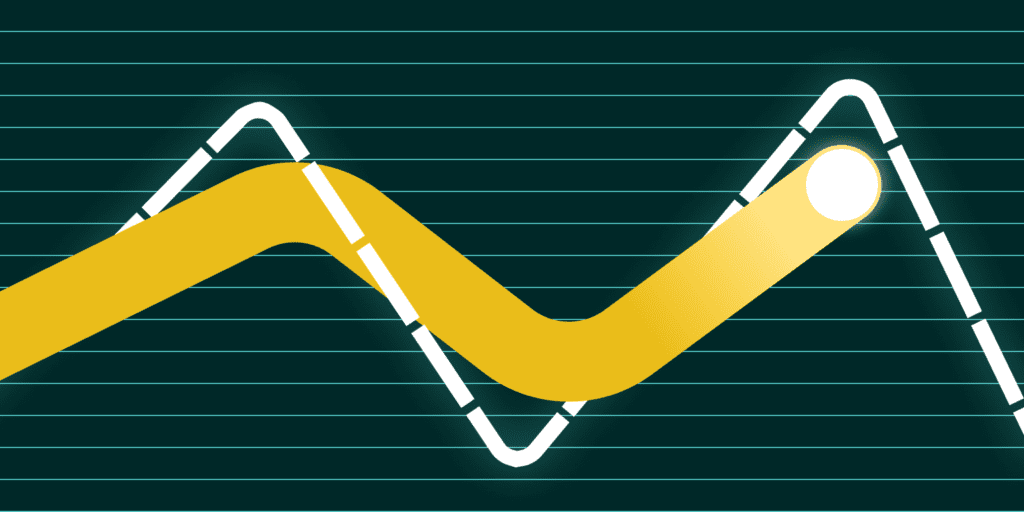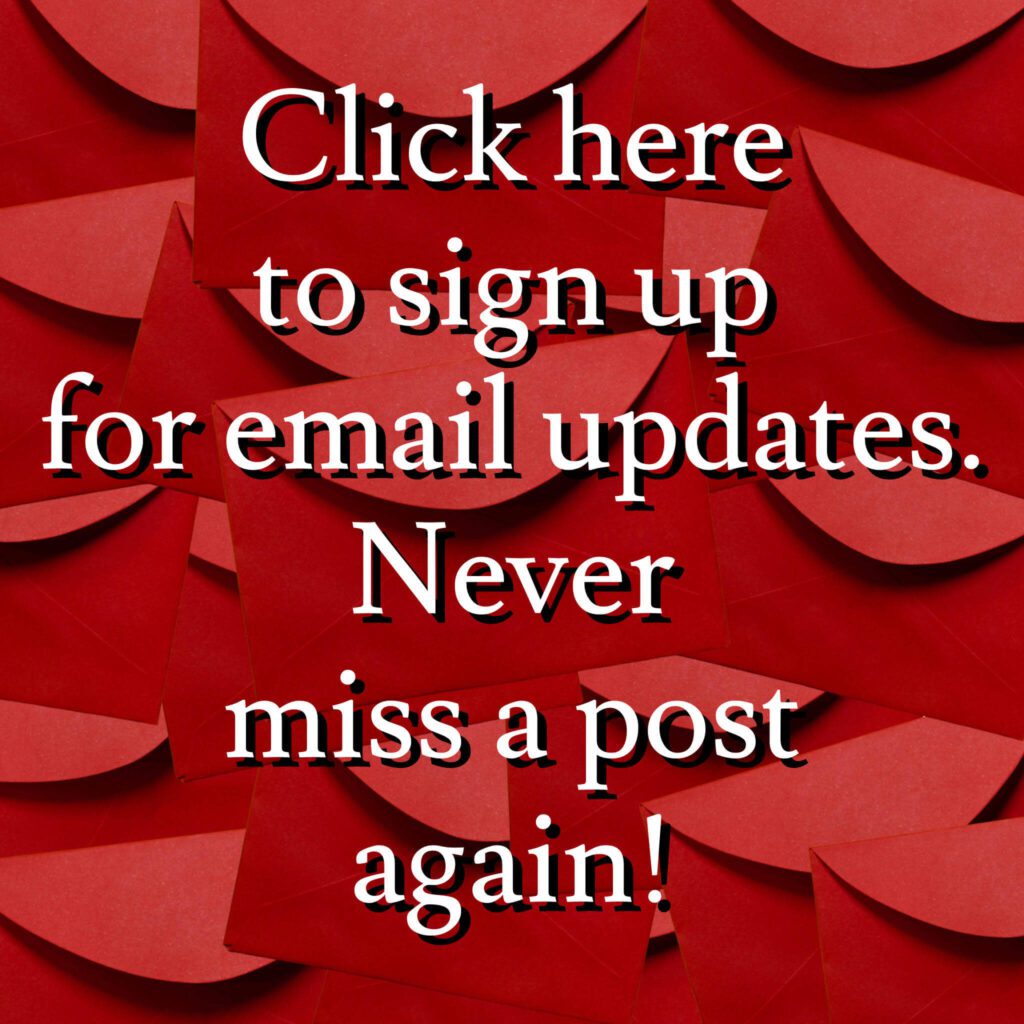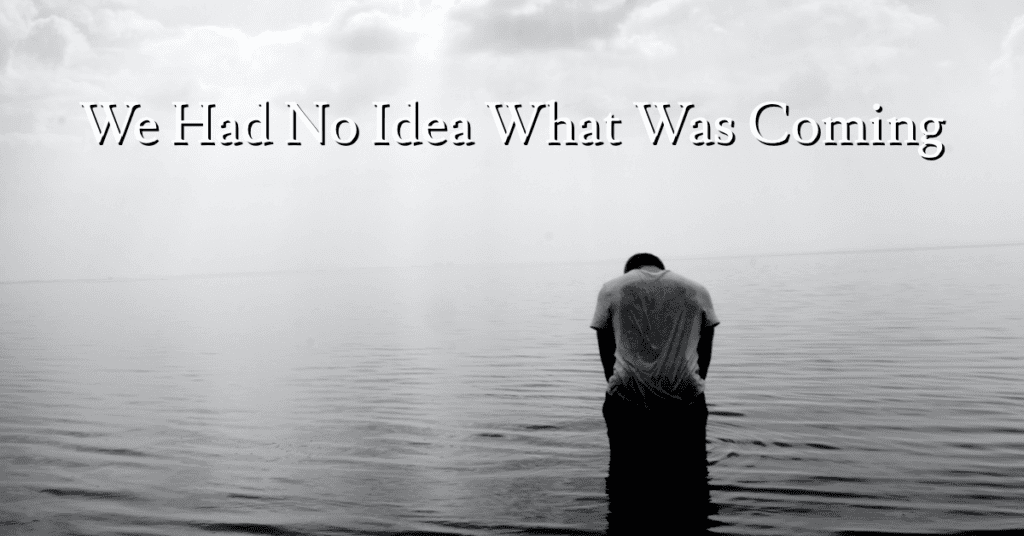Table of Contents
We were so young. We had no idea.
Just the other day I sent a Google Earth image to guests to help them find our home. At first I marveled at the appearance of our building. It looked so different. It lacked the signature green gate that has become part of the basic description of how to find our place.
And then I looked at the date.
2018.
I sighed. In 2018 I was probably panicking about something. There was some terrible world affair or local nuisance that was making my life feel challenging. And yet I can’t remember 2018, the goods or the bads. It feels like a lifetime ago.
In 2018 We Had No Idea

In 2018 we had no idea some disease would come from China and turn the world upsides down. We had no idea tens of thousands of people would be flooding the streets in massive government protest.
And we had no idea Israel would be attacked in one of the most gruesome and revolting actions I’ve ever heard about. That we would be plunged into a violent war, and we’d be checking the news daily to find out if we’ve lost someone we love.
We had absolutely no idea what was coming.
And what a confused and twisted reality we would soon be living in.
And that reality presents itself daily in the most peculiar of ways. Yes, we’re all checking the news way too much. And our hearts sink and we start to shake when we read about another soldier casualty or another heinous terrorist attack. Or we reach another milestone, such as 100 days since hundreds of our people were taken hostage.
How Are You Doing?

Those moments are miniature hells. They shock us back to a reality we have trouble stomaching. One moment we’re sipping a cup of coffee almost enjoying the morning, and the next moment we’re feeling the slightest tinge of depression taking us over again. We’re reminded that our delight in the small measures of life is happening while someone no different than ourselves withers away terrified in a dank tunnel in Gaza.
It happens multiple times a day. And it’s painful. But I’m thinking of an even smaller moment. And a far less obvious and less significant inevitable everyday occurrence.
A co-worker sees you in the office and offers a friendly, “How’re you doing?”
This used to be the simplest moment of the day. You’d just say “fine” or “good”. You might reciprocate with the same or a similar question. And then you’d be able to fully move on with your day as if nothing at all happened.
As normal as normal gets.
When the Simple Becomes Complex

Yet that ultra-simple moment no longer feels simple. Even a small, oft-repeated, ubiquitous morning ritual has become the source of stress and discomfort for me and I imagine countless others.
Someone asks you how you’re doing and one of two things happen. The first possibility is you answer normally. You say you’re doing great. Or fine. Or whatever you’re accustomed to.
And then an odd feeling of guilt washes over you.
Am I really fine?
This morning I checked the news and saw the faces of two more victims of the war. Two more beautiful souls snatched way before their time who will never hug or be hugged again.
And that normal everyday feeling of not much at all is replaced by a handful of guilt. Am I even allowed to be “fine”? A hop, skip, and a jump from where I’m standing right now my friends and family are risking their lives so that I can live more safely. Is it appropriate for me to enjoy this coffee? Or to laugh and make stupid jokes? Or to simply go on with my life like nothing ridiculous is really happening in the world other than doing paperwork or preparing a presentation for work?
The Pause

And the other option is a pause. An awkward pause. For all of your life you just answered the question right away. There was no contemplation. If anything, it’s just a rote word or two that simply comes out. Without any thought or feeling. It just is.
And now you’re stuck.
You don’t want to say you’re OK, because deep down you know it’s a lie. It’s a lie that doesn’t matter. But you struggle to let the words exit your lips.
Then you do anyway. You look down when you answer. Why? Because you know that it’s not an accurate answer. You’re just trying to exit from this awkward moment as quickly as possible, without creating a scene.
What you want to say is, “Honestly, pretty awful. I’ve spent the last several months of my life in a constant state of fear and dread. Every time I look at the news, which is dozens of times a day, I have a mini-panic attack. What am I going to see? Will I have lost a friend? Will a face look familiar enough for me to do a deep dive to try to see if I’m connected to the latest casualty? Is the conflict going to spread further than it’s current boundaries? My body has been filled to the brink with tension since October 7th and my every movement contains within it a sharp combination of fear, anger, and sadness.”
But instead you end up saying, “I’m fine thank you. How are you?”
You don't want to say you're OK, because deep down you know it's a lie. It's a lie that doesn't matter. But you struggle to let the words exit your lips. Share on XThe Baseline Has Changed

I suggest we stop playing these mental gymnastics with ourselves and just accept two things:
First, we’re always going to mindlessly ask others how they’re doing, and the responses are not going to be laced with much meaning. It’s a daily ritual we’ve become accustomed to, and it’s done entirely without thought. It just is.
Second, when we said “fine, thank you” in the past, it had a meaning. It basically meant, “Things are alright. They could be better, but they’re mostly solid. Now I’m going to go on with the rest of my day.”
But now it means something different.
The baseline has changed. OK isn’t OK and fine isn’t fine.
The ritual will likely always appear the same.
But the meaning is something entirely new.
And who knows if it could ever go back to the way it was.



